Proper communication is the lifeblood of the healthcare industry. When communication isn’t clear or efficient, the quality of care that clinical staff members are able to provide begins to decrease. When communication is done right, not only is care much easier to provide in an accurate and timely way, but patient satisfaction will also increase. That’s why it’s so important to have good communication tools that work for their intended purpose.
What’s Needed In Modern Clinical Communications
Security
Security and HIPAA-compliance are two of the most important requirements for communication within a clinical setting. This means that when confidential patient information is discussed through a hospital communication device, there must be a certain level of encryption to both the software and the signal so that only the people who need to receive sensitive patient information will get it.
Reliability
Modern clinical communication methods also need to be reliable. If clinical staff have devices or networks that are constantly crashing, or if there are bugs in the system that slow the whole process down, a new communication process is needed. On the same token, reliability must mean quick, easy and secure access to patient information and medical databases in order to retrieve critical data. Additionally, all communications must have a system of interoperability and interconnectedness in which signals don’t get crossed or lost.
Customization
In order to avoid problems such as alarm fatigue, a modern clinical communication system would do well to have customizable alarms and notifications. Clinical environments are filled with mostly unnecessary noise that causes nurse desensitization and degrades the patient care experience. This system would also assist with improving the rounding experience, so nurses are interrupted less and can focus better on their patients.
Training
Of course, none of these modern solutions will work without properly training clinical staff to communicate in these ways and use the system to the best of their ability. Training ensures that clinical staff is educated and knowledgeable and able to work both independently and collaboratively.
Technological Improvements
One of the oldest types of communication in healthcare is the pager, a device which, while it has its uses and advantages, is quickly becoming outdated. However, it’s estimated that 80-90 percent of hospitals still use pagers and drastically overpay (by about 45 percent), to keep pager services running. In order for hospital communications to improve, technology use must evolve to keep up with modern needs.
Pagers
Hospitals have used pagers as one of their most common forms of clinical communication since the 1950s. They began as a form of one-way communication, sending a message that someone would have to pick up a telephone or radio to respond to. Eventually, pagers became available in a two-way option, though message details were still limited, which has led to communication barriers.
The reason why doctors and nurses still use hospital pagers is not necessarily because they like them, but because they are necessary. Historically, pagers are much better at sending messages through the thick walls of a hospital than cell phones, since they operate over radio waves rather than through satellites or cell towers. They are also low-maintenance and can go for weeks to a month on a single charge. Additionally, their analog nature makes them difficult to hack (particularly since many early pagers had no way of storing messages).
However, with technology improving every year, there’s no reason to not investigate modern solutions that may end up working better. Analog pagers rightfully have their place in clinical communication history, but there are plenty of ways that they can be improved upon or phased out with modern hardware and software systems.

Vocera Technology
One modern solution for clinical communications that many healthcare providers and organizations love is Vocera technology. And this is not just one solution, but many, as the number of products and services they offer are comprehensive and interconnected. They also offer many more options for HIPAA compliant communication than pagers and other legacy systems.
Mobile Devices
Vocera technology offers multiple methods of communication that can occur both between two staff members and among an entire group, fostering interprofessional collaboration. Vocera mobile devices such as smartphones allow quick access to communication throughout the hospital. Pager-like badges and other wearables send and receive messages, can be activated by voice and have emergency alert options that can be customized according to need.
Software
The software that connects these devices is just as important, however. It provides a secure, in-hospital connection that includes HIPAA compliant healthcare messaging apps for regular smartphones and tablets. HIPAA compliant healthcare texting apps aren’t just available anywhere, partly because most common mobile messaging apps aren’t locked into a clinical network to keep individual patient information secure.
This software enables secure text messaging among multiple parties, HIPAA compliant file sharing with electronic health records (EHR) and collaboration in healthcare environments. It allows triaging of messages, customizable alarm settings and integration of call commands. These features all help clinical staff avoid becoming overwhelmed or fatigued by the sheer amount of communication that occurs in a clinical environment. Granted, cell reception and WiFi are not as effective as radio waves from a pager, but with wireless signals constantly advancing in strength and quality, they may turn out to be just as effective as a pager.
This software enables clinical staff to stay stable and mentally effective in their work. But even if they are not, they will be able to call for help. Clinical assistance can come via methods such as Code Lavender, through which a support team can provide advice and help with setting emotional barriers and boundaries.
If your healthcare organization needs help making communication in nursing and clinical settings more effective and enabling HIPAA compliant messaging, contact Vocera today!
